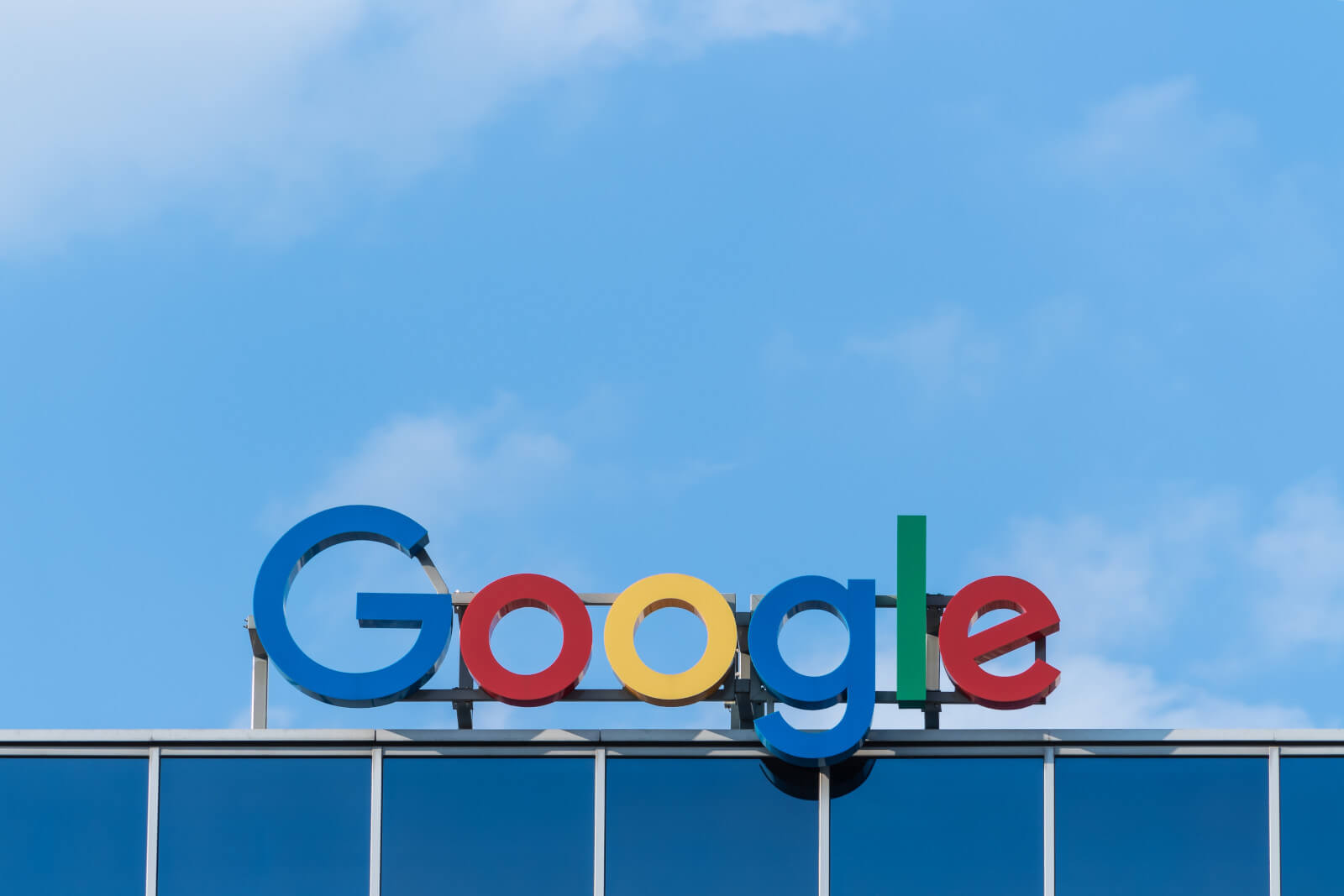1 min read
Bing’s “Related Searches” Option: How Many People Are Using it?
iCrossing Digital Solutions Jun 12, 2012 9:50:00 AM

If you are an experienced web surfer and you have spent any time on Bing lately, you have probably noticed where they’ve positioned their “Related Searches” option. I know I have noticed it, and I modified my selection behavior based on the recommendations. I found it interesting that Bing decided to place “Related Searches” so close to the top, and on the left-hand side. Knowing that users scan from left to right, and from top to bottom – this makes perfect sense. Google, on the other hand, places its “Searches related to“ option at the bottom of their results or in the drilldown “Search Options” feature.
This got me thinking. I wonder how many people are using Bing’s “Related Searches” feature to refine their original search query and find our clients’ websites? It’s relatively easy to find out, all you need to know is what to look for. When you click on a “Related Search” in Bing after your initial search, a unique parameter is appended to the URL (=R5FD1, for example), which is very easy to locate when looking at a list of referring URLs in your analytics application. Interest2action, iCrossing’s proprietary SEO application, has a top-referring URL report, so this information was very easy to track down.
I analyzed data for a seven-day time period, across a variety of clients in different verticals. Here are the results:
- Client 1: 568 of a total 15,290 referrals, or 3.7% of all Bing-referring URLs, came from “Related Searches” or included R5FD in the string.
- Client 2: 429 of a total 10,943 referrals, or 3.9% of all Bing-referring URLs, came from “Related Searches” or included R5FD in the string.
- Client 3: 153 of a total 5,539 referrals, or 2.8% of all Bing-referring URLs, came from “Related Searches” or included R5FD in the string.
- Client 4: 63 of a total 1,964 referrals, or 3.2% of all Bing-referring URLs, came from “Related Searches” or included R5FD in the string.
The “Searches related to” feature in Google has been available for quite some time now, but I don’t think I have ever used it, not even once (for searching purposes). I pulled down referring URLs from Google using the same criteria as above (seven-day time frame, same clients), and the average was less than .4%. While Bing may never catch up to Google when it comes to search engine marketshare, it has the upper hand when it comes to related searches.

The Biggest Takeaways from Google Marketing Live 2019 – Part Two
The second installment of our biggest takeaways from Google Marketing Live 2019 and what they mean for our clients. Read part one here.

iCrossing nombrada agencia independiente del año en Bing Agency Awards
External Link:

4 min read
iCrossing’s Paid Media New Year’s Resolutions for Meta, LinkedIn, Google Ads, and More
“New Year, New You,” as the saying goes. But what about “New Year, New Media Strategy”? There is no better time to reflect than now to decide what...
